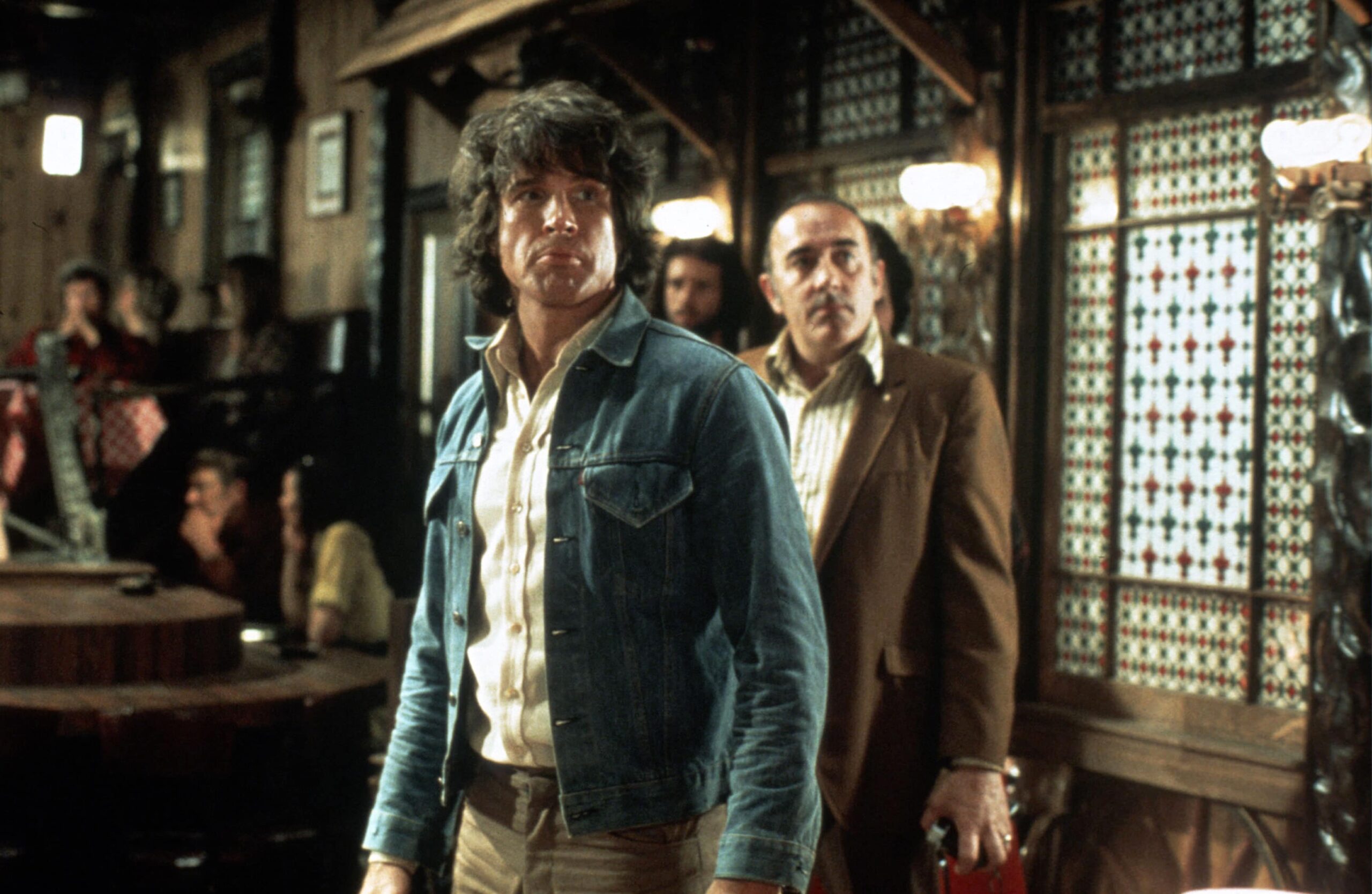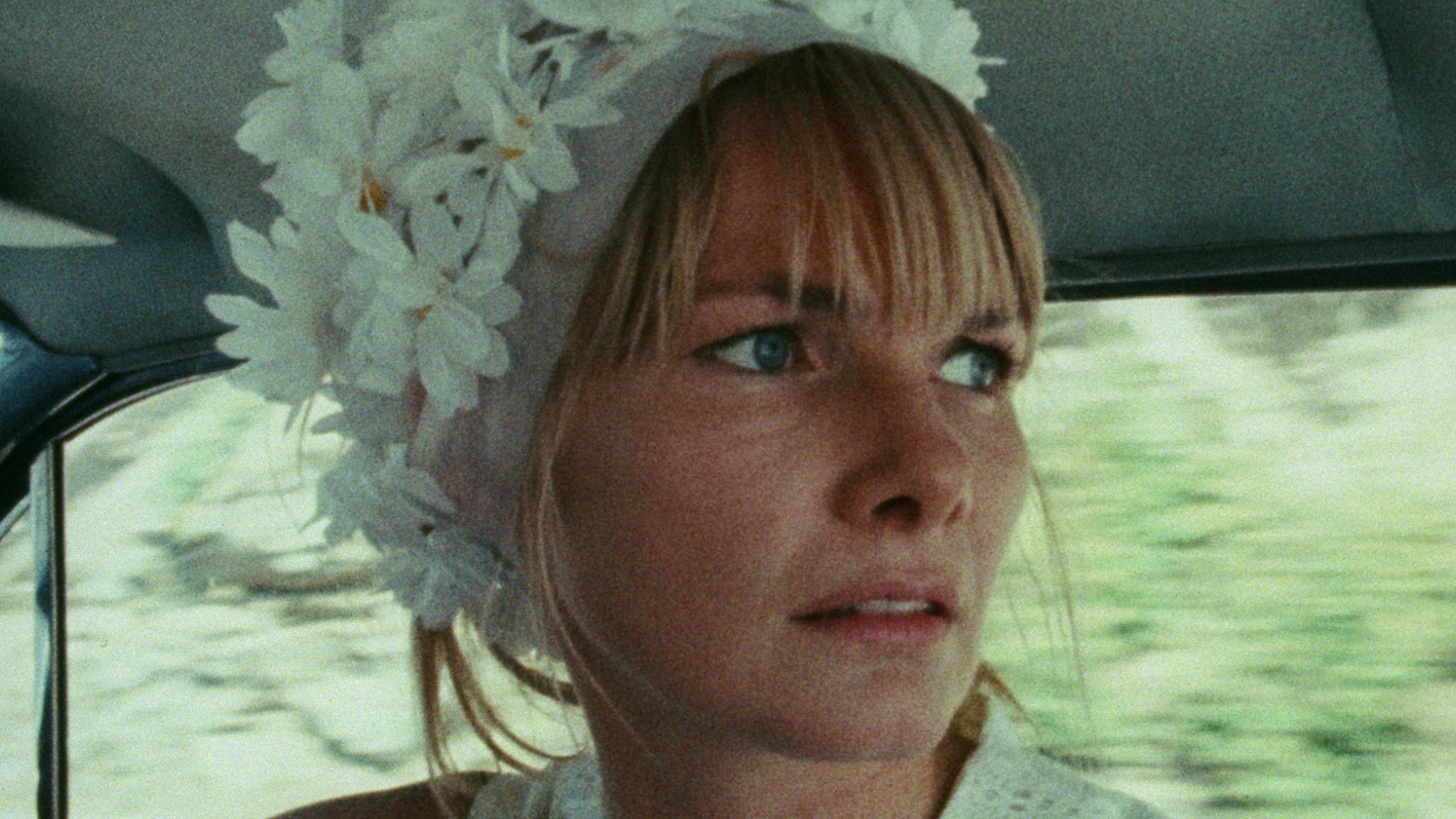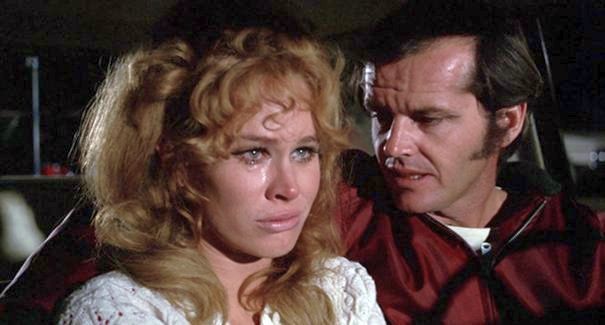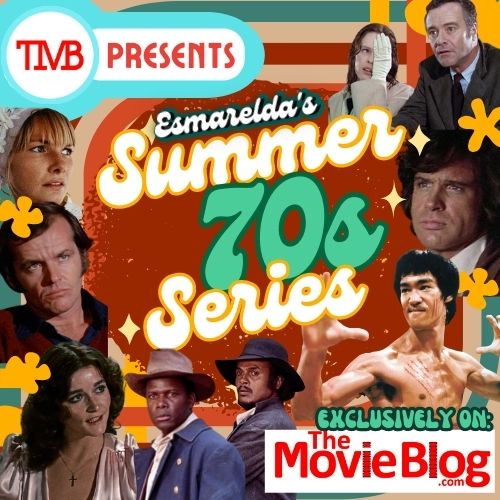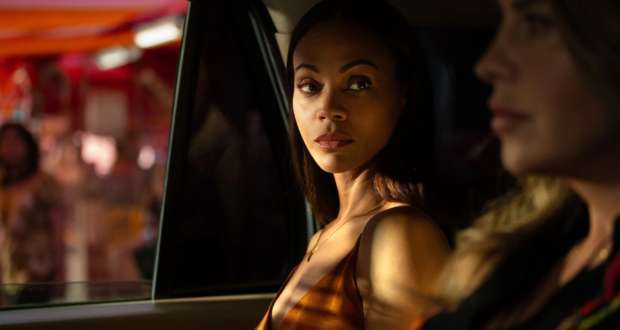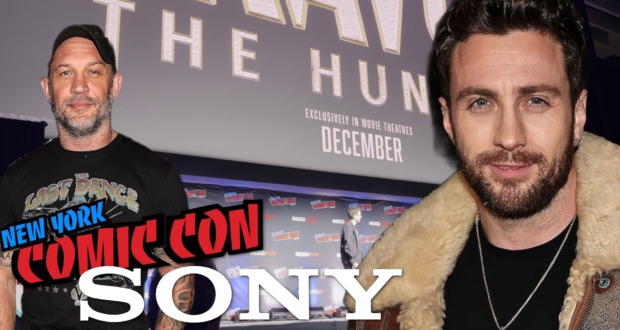The following article on The Great Santini is part of Esmarelda’s Summer Seventies Series.
I’ve been taking a Directing course at UCLA on Thursday nights for the past ten weeks and about two weeks ago I found myself stranded in Los Angeles for a few hours while I waited for my class to start. I remembered a place I had stumbled into on a past adventure and decided to give it another look – that place is Mystery Pier Books, a darling little family-owned bookshop tucked away at the tail end of the Sunset Strip. The most magical and dazzling part about this little bookshop is that it holds all first editions. And I mean, walls of original print, first edition books that are older than the United States of America. You can find first edition Shakespeare in this store (understandably protected behind glass) but the prints, I believe, are from the early 1700s. I’d been in here once before (a story for another time), but I found myself in conversation with the store’s charming owner and I mentioned to him that I was about to graduate with my MFA in Screenwriting. He proclaimed that I must have read William Goldman’s “Adventures in the Screen Trade,” and I sheepishly admitted that I had not (most screenwriting programs assign you books written by people without any professionally produced credits,) so the shop owner insisted that this book was a must. I promptly went next door to Book Soup (a much more noticeable bookshop on the Sunset Strip) and bought William Goldman’s bestseller, spending my next few hours stranded in Los Angeles with my nose buried in its pages.
A section in the book discusses at length the basketball scene in “The Great Santini,” a film I had never heard of but was instantly intrigued by given the description by Mr. Goldman. On a lazy Friday night, my husband and I found it on Vudu and hit play.
Now that I’ve watched it, I get why I’ve never heard of “The Great Santini,” and if I was a more vicious and angrier critic living at the time of its release I am certain that I would have aptly titled my review of the Robert DuVall-starring film something along the lines of “The Just Okay Santini.” I don’t think I would go so far as to call this film a full-on stinker, but boy was it a disappointment. It wasn’t from the performances – DuVall and “Caddyshack’s” Michael O’Keefe (who plays the son) both received Academy Award nominations. It wasn’t from the script either, although the script had problems. But the “just okay” sentiment I gleaned from viewing the film lay solely with the picture’s director, Lewis John Carlino, who I think might go down in history as one of those very capable screenwriters who just doesn’t have the directing bone in their body.
Carlino is most known for penning the screenplay to “The Mechanic” the “great then not great then great again” assassin flick starring Charles Bronson and eternal pretty boy Jan Michael Vincent. But the narrative stumbles that come with “The Great Santini” stem from the picture’s overall identity crisis. Is it a comedy or a drama? Is it a coming-of-age story or a relationship story? Either way, the entire third act falls apart in such spectacular fashion that I found myself limping to the end. Is it Ben’s story (Michael O’Keefe) or Bull’s story (Robert DuVall)? And if the story is about both of them then a strong trouble lies with the film’s opening, as the focus is completely off Ben until we are already deep into the second act. It is quickly established that Robert DuVall’s character is a jerk and a buffoon, but he really is a boob. He’s a well-known fighter pilot for the Marine Corps whose puffed-up ego is off the charts.
There isn’t much talk of his seeing battle, fighting in wars, or the kind of torment he suffered from his own father which might give a deeper understanding of his abuse towards his family. No, just an overabundance of scenes with Bull pulling crude pranks and grappling with his buddies. That is the death of this film – the crudeness. It’s hard to know what to do with someone who is crude, especially when that person is the main character driving the whole story. What should have been a great character study analyzing the relationship between a hard-lined father and the military brats in his tow spirals into a strangely manufactured coming-of-age drama with zany slapstick pratfalls thrown in at odd places? The whole film reads like a toddler struggling to say their first words – the movie knows what it wants to say, it just can’t go the distance to articulate it.
So why should you watch “The Great Santini”? For one reason and one reason only: the basketball scene. The basketball scene has all of the potential of one of those great scenes in movie history and frankly if placed in the hands of a more capable director, it should have and could have been remembered as one of those great scenes in movie history. Perhaps in the hands of a George Roy Hill or a Daniel Petrie, the film could have achieved those heights, but I can’t help but shake the feeling that Lewis John Carlino was one of those guys at a Writer’s Guild pancake breakfast who thought that he was funnier than he actually was. Even now, as I’m doing my little bits of research on Carlino while writing this article, it all becomes a little clearer now: he was a theater guy. That’s not meant to be petty or shove playwrights into a box in any way shape or form, but it just makes sense. When I’m waking up the morning after watching this totally, just okay, completely forgettable film that had all of the potential in the world, and knowing, beyond a shadow of a doubt, that the blame lies with the director, the fact that in doing my research I notice that he is and was a theater guy for a very long time just makes sense.
Because the biggest problem with this film is that it isn’t cinematic. That is apparent from the opening scene with DuVall’s Bull Meecham running dogfighting drills – the plume of black smoke that emits out of the back of the fighter planes makes my lungs hurt. The camera can never make up its mind about Bull Meecham, either. He’s a boob – he’s a dork who knows how to do push-ups. He’s overcompensating for God knows what and anyone in his path is asking to be on the receiving end of his abuse, but in the end, he’s honored as a hero in a spectacularly uninteresting fashion, nonetheless. I felt cheated of the emotional impact this might have on Ben, who weeps on his mother’s shoulder saying that he used to pray for his father’s plane to crash.
But never once did we see him pray for his father’s plane to crash. Not only that but other than his friendship with the doomed Toomer (Stan Shaw), we don’t really have any insight into Ben’s inner desires other than to play basketball. The whole film is wonky, clunky, underdelivers on an otherwise exciting premise, and ultimately proves that just because you can write a good screenplay, that doesn’t mean you can direct a strong picture.

